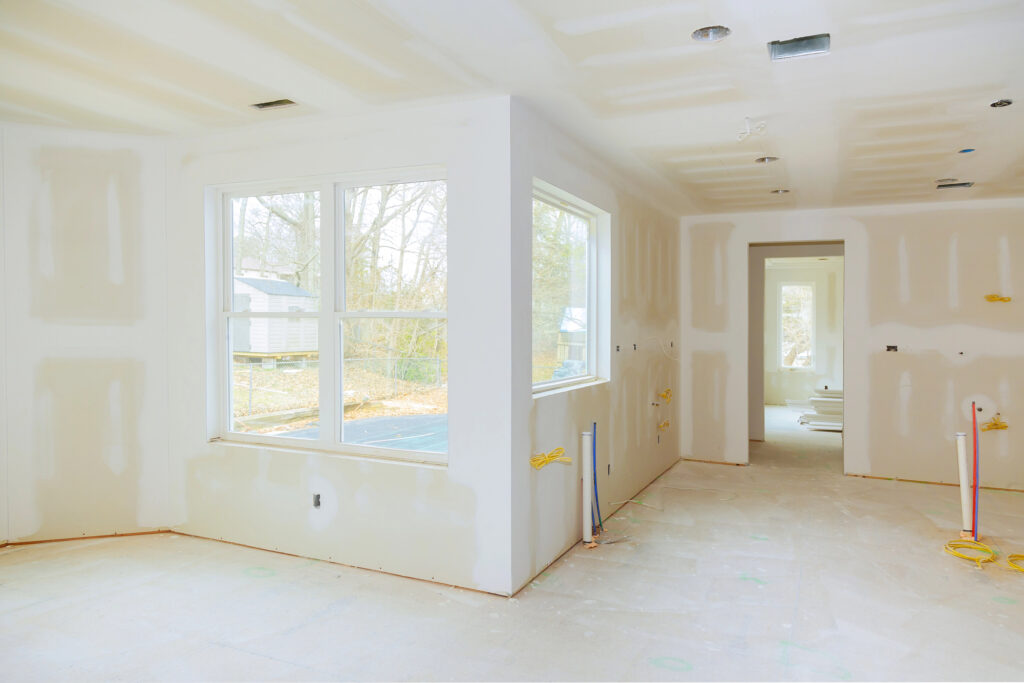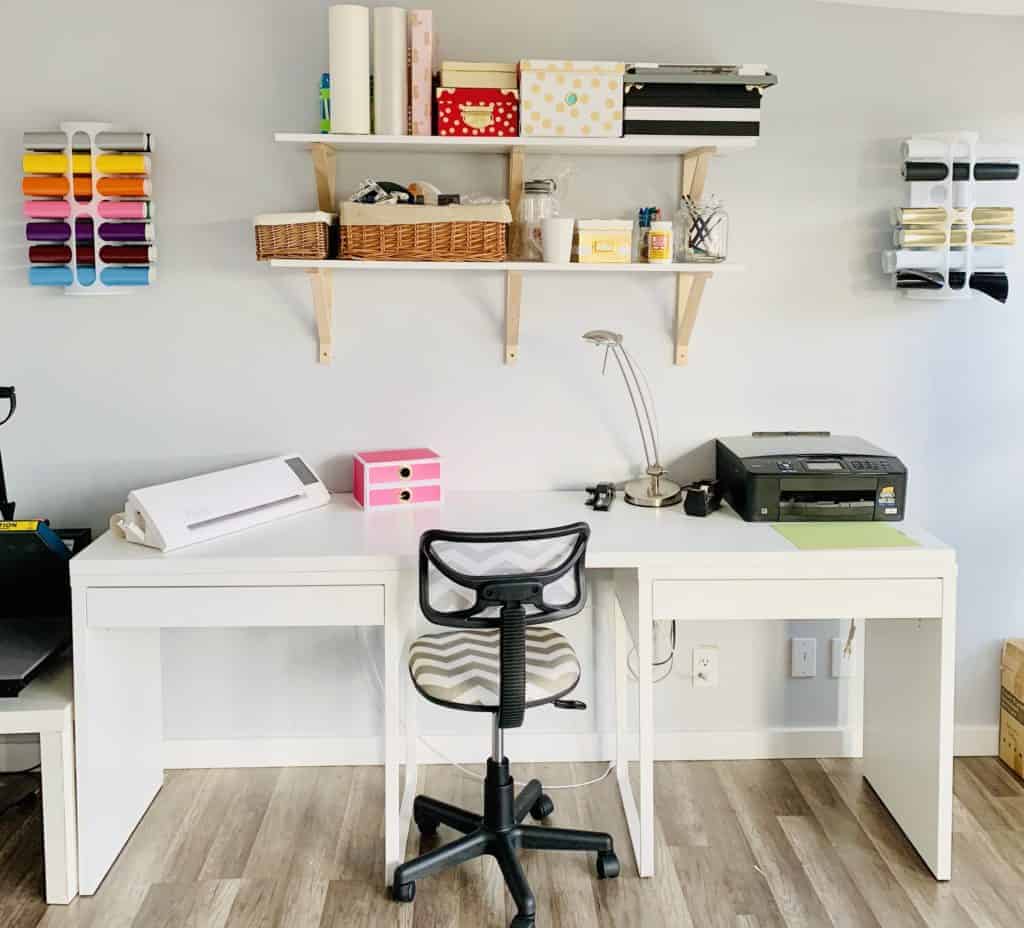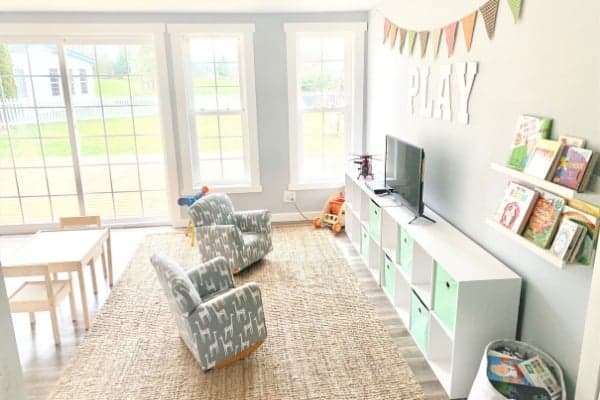Dubai’s dynamic real estate market offers a wide array of investment opportunities, from high-end villas to sleek downtown apartments. Once you’ve gone through the process of buying property in Dubai, the next logical step for many homeowners is to renovate or upgrade their space to meet their lifestyle needs or enhance its market value. However, renovating property in Dubai isn’t just about design and construction — it involves complying with legal regulations and securing the right approvals.
In this article, we’ll walk you through how to legally renovate or upgrade your property in Dubai while staying compliant with the emirate’s property laws and guidelines.
Step 1: Understand Ownership and Community Rules
The first step before planning any renovation is understanding the rules and regulations set by your property developer or homeowners’ association (HOA). If you’ve purchased in a community such as Emirates Living, Downtown Dubai, or Jumeirah Village Circle, your property will likely fall under a master developer such as Emaar or Nakheel.
These developers have strict guidelines that dictate what types of renovations are allowed. For instance, any changes to the building’s exterior, facade, or shared areas usually require special permissions or may be prohibited altogether to maintain uniformity.
Before starting, consult your building or community management to check:
- What changes are allowed?
- Are there any design or aesthetic restrictions?
- What documentation is required for approval?
Step 2: Hire a Licensed Contractor
Dubai mandates that all renovation work must be carried out by a contractor licensed by the Dubai Department of Economic Development (DED) and approved by the Dubai Municipality or Trakhees, depending on your location.
Hiring an unlicensed contractor can lead to fines, legal action, or even being ordered to revert changes at your own expense. Licensed contractors are familiar with the approval process and local regulations, ensuring that your renovation complies with safety and construction codes.
Key tip: Always ask your contractor to provide their license and references from similar completed projects.
Step 3: Secure the Necessary Approvals
Once you’ve finalized your renovation plans, your contractor will need to obtain approval from the relevant authority. The process varies depending on the property’s location:
- Dubai Municipality handles approvals for properties outside of free zones.
- Trakhees (Ports, Customs and Free Zone Corporation) oversees properties within JAFZA and Nakheel communities.
- Emaar, Nakheel, or other developers may also need to give internal approvals for properties within their developments.
Typical documents required include:
- Contractor license copy
- Property ownership documents
- Renovation drawings and scope of work
- No Objection Certificate (NOC) from the developer or HOA
Approvals can take from a few days to several weeks, depending on the complexity of the renovation.
Step 4: Get an NOC from the Developer
One of the most important steps in the legal renovation process is obtaining a No Objection Certificate (NOC) from your property’s master developer. This certificate ensures that the planned works won’t affect the structural integrity of the building or violate community guidelines.
To get an NOC, you or your contractor must submit:
- A copy of the title deed
- A copy of your Emirates ID or passport
- Renovation plan and design drawings
- A refundable security deposit (which may be forfeited if guidelines are not followed)
Developers often inspect the property before and after the renovation to ensure compliance with approved plans.
Step 5: Follow Safety and Noise Regulations
Renovation activities in Dubai must adhere to strict safety, noise, and cleanliness standards:
- Work is generally allowed only during designated hours (typically between 8 AM and 6 PM).
- Contractors must follow Dubai Civil Defence regulations, especially for electrical, plumbing, and fire safety upgrades.
- All debris and waste must be properly disposed of at approved municipal sites.
Failure to comply with these regulations can result in hefty fines or work stoppage.
Step 6: Final Inspection and Approval
After the renovation is complete, the relevant authority or developer may conduct a final inspection to verify that the work has been completed according to the approved plan. Only after this final clearance can the property be considered fully compliant.
In some cases, especially for major upgrades or structural changes, a new building completion certificate may be issued.
Renovating Off-Plan or Recently Purchased Properties
If you’re buying property in Dubai and planning to upgrade it before moving in, you’ll need to follow the same approval process. Many buyers of off-plan properties wait until the handover to start upgrades, such as kitchen remodeling, smart home installations, or additional fittings.
Working closely with a licensed contractor during the handover stage can make this process smoother and reduce your waiting time.
Final Thoughts
Renovating or upgrading your property in Dubai can significantly boost its functionality, aesthetic appeal, and market value. But it’s not something you can take lightly. Whether you’re making minor interior changes or undertaking a full-scale renovation, complying with legal procedures is essential.
After buying property in Dubai, it’s tempting to jump straight into customization. However, taking the time to follow the legal route — by hiring licensed professionals, securing necessary approvals, and abiding by community rules — ensures that your investment is safe, legal, and long-lasting.





